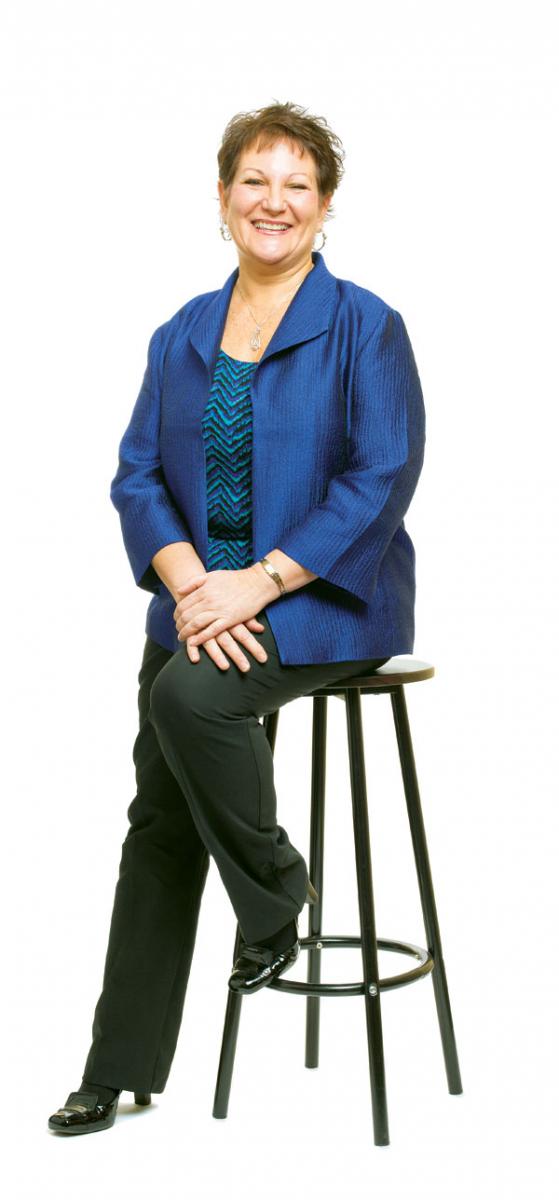The Local newsletter is your free, daily guide to life in Colorado. For locals, by locals.
In 2011, nurse practitioner Mary Riccelli opened the NeuroBehavioral Institute of Colorado, a behavioral health practice that operates without a physician. Even without a doc on-site, Riccelli’s patients number in the thousands. Beyond being in demand, Riccelli’s also on the cusp of a trend: There are more than 500 nurse-managed clinics in the country, and a 2012 report from the Rand Corporation predicted that the nurse practitioner workforce will nearly double by 2025. We talked with Riccelli about her doc-free environment.
____
5280 Health: What is the appeal of a practice like this for patients?
Mary Riccelli: We have nursing backgrounds, so our training stressed the importance of being present with the patient and not distracted. Nurse practitioners also generally like to prescribe fewer medications; we incorporate a more holistic approach to mental health care and advocate supplements. We don’t want people to expect a pill to cure everything. We also tend to be better listeners because nursing is naturally a more integrative approach. We ask about the whole body—your water intake, your sex life. Physicians are much more disease-focused. We’re person-focused.
Which disorders do you treat?
The full range—from Asperger’s and autism to eating disorders and post-traumatic stress disorder. My area of focus is family, and this practice is 60 percent children ages two to 18.
Did you always want to be a nurse?
I was looking for an industry where I’d be the most employable, so at 44, I decided to go back to school after 20 years in telecommunications sales. My sister said I should be a nurse—that I had that manner—but I wanted to be able to prescribe medication. When I went for a clinical rotation in family psychology at Syracuse University, I said, “This is for me.” I immediately started on a master’s in nursing at the University of Rochester in 1999.
How did you decide to do this?
When the Nurse Practice Act was enacted here in Colorado in July 2011, I saw it as an opportunity. Before the change, we had to have a collaborating relationship with a physician to prescribe medication. But since 2011, as long as we had the training hours, we could prescribe on our own. I am so proud of Colorado for making this huge step and giving us this freedom.
Has it ever bothered someone when they found out there is not a physician in your practice?
If people are calling and looking for care and they say they want to see a doctor, we are very clear with them. Most of the time, though, they end up booking the appointment anyway. If they really want to see a doctor we give referrals.
How will NP medicine fit into health-care reform?
In an overview of the psychiatry practices in Colorado, I found that 70 to 80 percent of the doctors are over 60. I think there will be an even bigger role for NPs in the near future, especially when more people are covered by the Affordable Care Act. Many primary-care doctors already refer patients to me; children’s hospitals, too.
How do more traditional practices feel about this type of medicine?
It was contentious with doctors for a while. We’re not doctors, and we don’t want to be. We want to be nurses.









